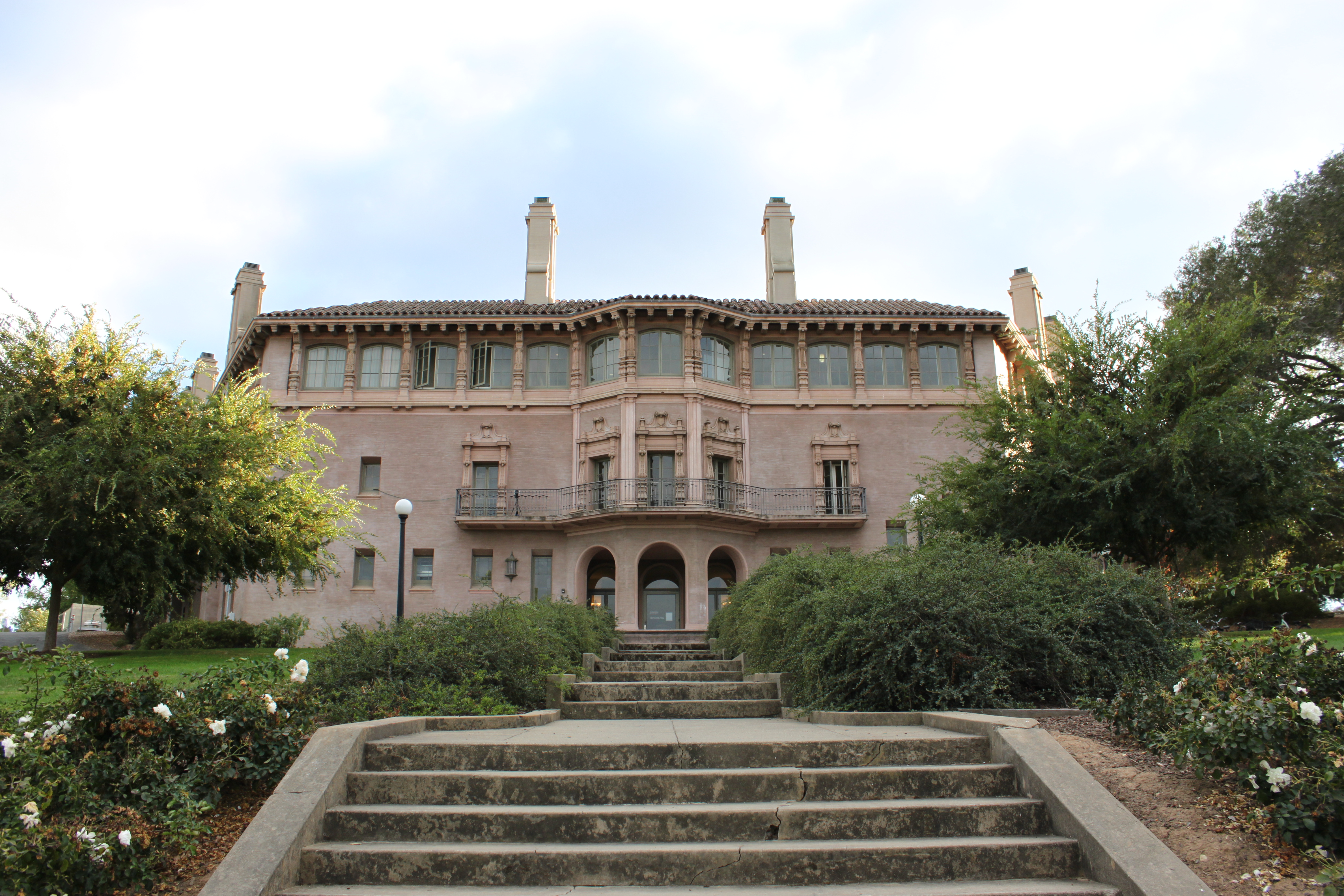Nestled serenely atop the hill behind Florence Moore Hall is The Knoll, which houses Stanford’s Center for Computer Research and Acoustics (CCRMA) — a central location for discovery in the realm of music technology.
CCRMA (pronounced like “karma”) is a hub for the implementation of computer-based technology into artistic mediums, bringing together composers and researchers alike. The center was officially established in 1975, but the spirit of electronic music was alive on campus before this time.
In 1964, John Chowning Ph.D. ’66 and undergraduate David Poole developed the world’s first online computer composition and synthesis system. Together, they discovered frequency modulation (FM) with a synthesis technique, and licensed the technique to Yamaha in 1974. Thus Japan began to develop electronic music instruments with consultation from Stanford.
CCRMA has resided in The Knoll since 1983. Although initially focused on the analysis of acoustic signals, the center’s courses and research later incorporated topics like musical acoustics, psychoacoustics, audio networking and more as the field of computer music grew.
A part of the music department, CCRMA provides classes and seminars marked by a strong interdisciplinary nature.
Students come from a diverse range of backgrounds, ranging from music to engineering. As a result, CCRMA’s offerings vary greatly in subject focus, including performance, perceptual audio coding and data sonification.
Students are free to explore different realms within electronic music at CCRMA. Camille Noufi Ph.D. ’23 analyzed the auditory portion of the voice through a computer science lens. According to Noufi, her research was very “self-led” — an invaluable standard of the CCRMA experience.
“CCRMA is a place where you can go after whatever interests you, whatever you want,” Noufi said.
Many other students agreed with Noufi’s sentiments. The program gives students “huge room to explore with a flexibility that benefits students a lot,” according to Mengfen Zhang M.A. ’21.
While faculty are present to mentor the work of students, students exercise significant autonomy in pursuing various focuses.
“CCRMA is a research center in which the student gets to really pursue their own dreams,” said fourth-year Ph.D. student Kunwoo Kim M.A. ’19. “We’re not tied to the professor’s research, but we get to pursue our own.”
During his time at CCRMA, Scott Teiichi Oshiro Ph.D. ’23 studied jazz improvisation using quantum computing and acoustics.
“Everybody’s doing different things, so everybody has a different perspective. They give you really useful feedback on your own work,” Oshiro said. “Then you get exposed to so many different kinds of intersections of music, art and technology.”
On the other hand, seeking out collaboration and making connections with colleagues at CCRMA can be challenging when everyone is paving their own distinct paths.
“There’s no guarantee that other people are going to be doing things that you’re doing or are interested in, so sometimes finding collaborators can be difficult,” said fourth-year Ph.D. student Lloyd May.
“For colleagues who are maybe a bit more reserved or learned English as a second language, there are not a lot of formal ways to establish collaborations,” May said.
CCRMA did not respond to a request for comment.
Other center affiliates describe the center’s classes as very tight-knit.
Brought together through “the beautiful, black sheep of Stanford,” CCRMA students thrive in the “funky, creative, curiosity-driven [center],” Noufi said.
CCRMA alumni remain active and maintain connections with the program long after graduation, said Senyuan Fan M.A. ’24.
“People who graduate are going into the industry in Silicon Valley or going to other schools, but we are still kind of bonded by the concept of CCRMA alumni,” Fan said. “We have a lot of seminars with alumni from industry every week.”
Inspired by the community, many students return to the center for further education.
The community was “the reason that I decided to stay for my Ph.D.,” said fifth-year Ph.D. student Barbara Nerness M.A. ’24. “I love it. It feels like more than just a place where I work. It’s like close friends.”
